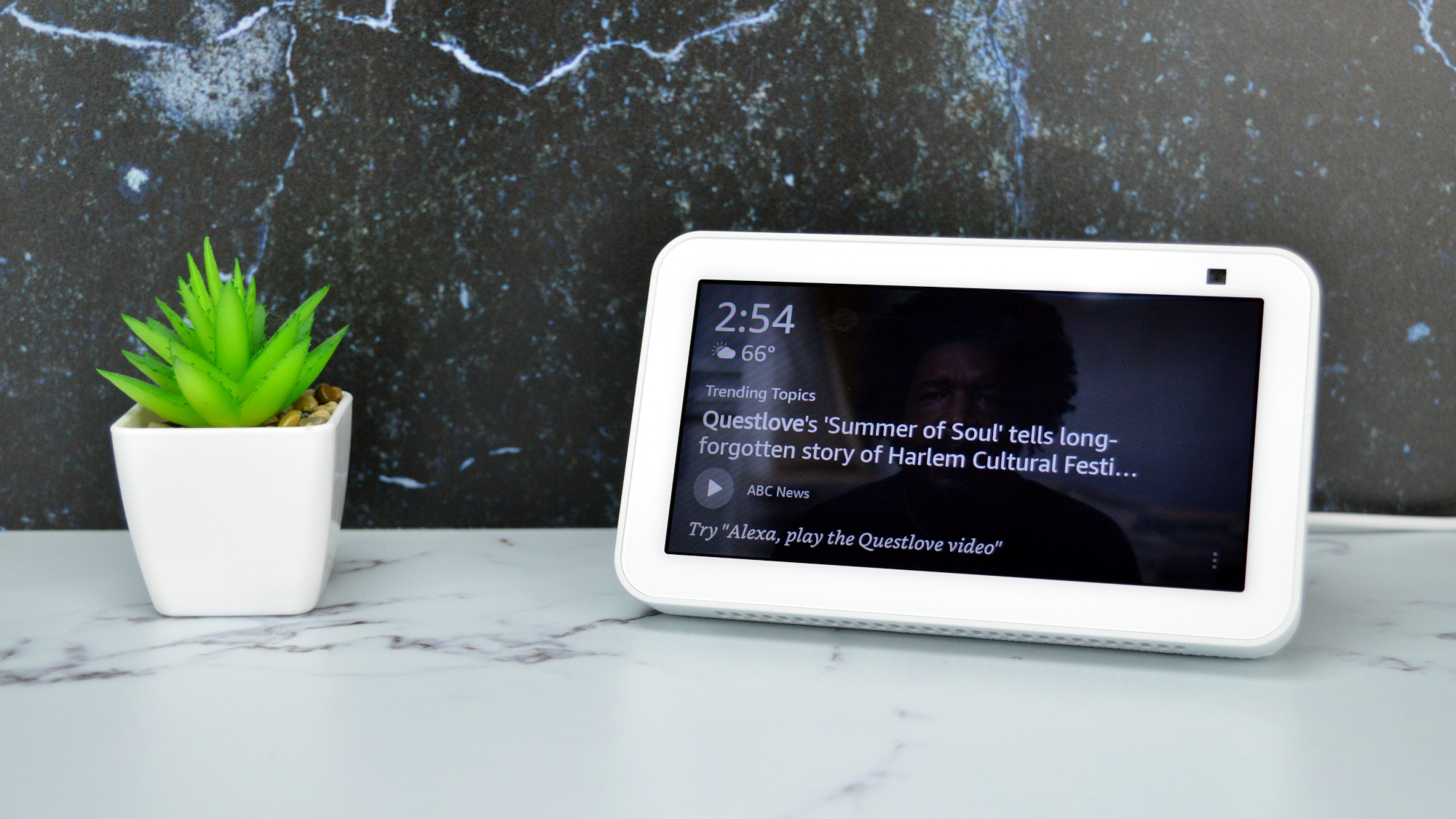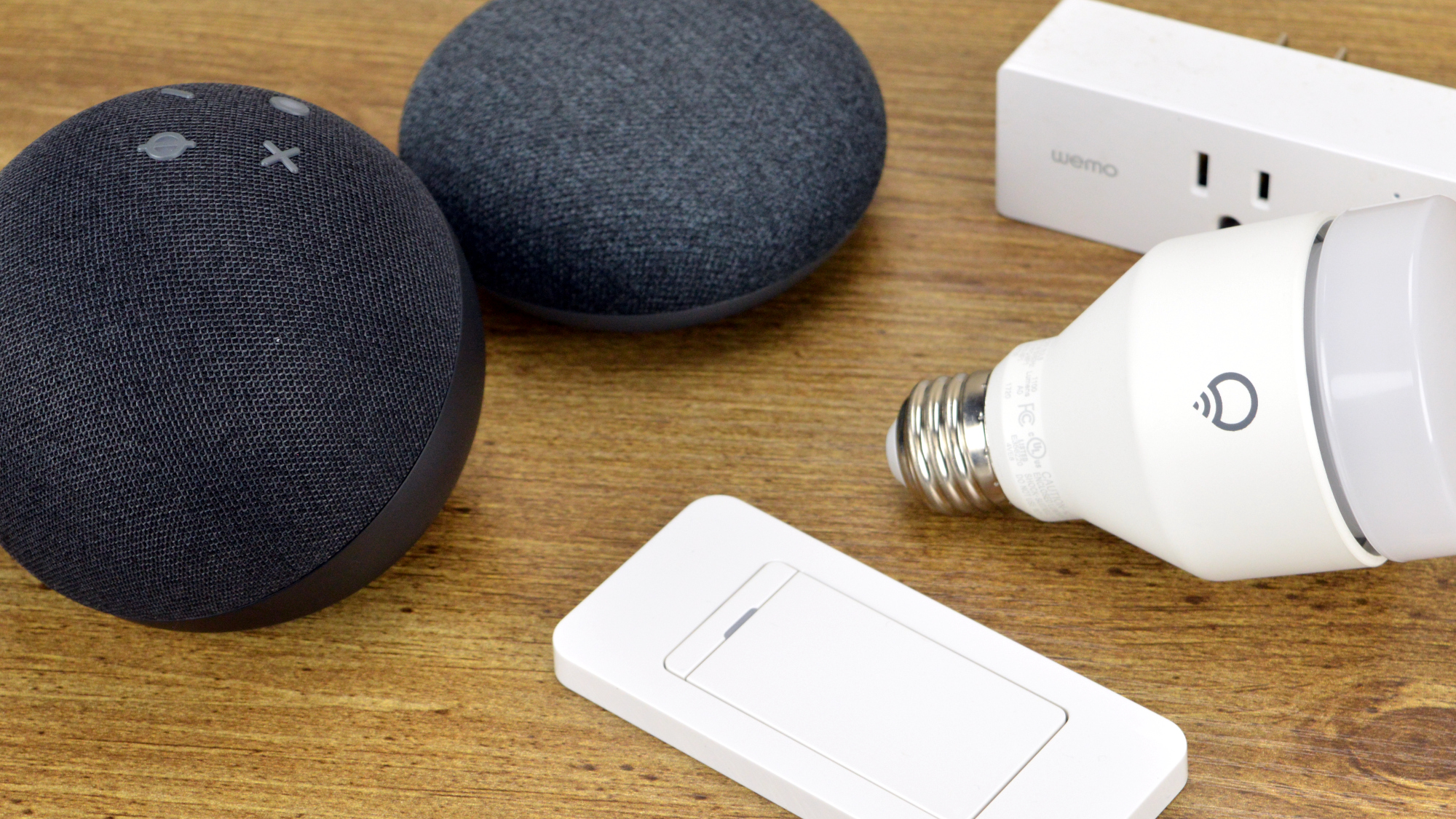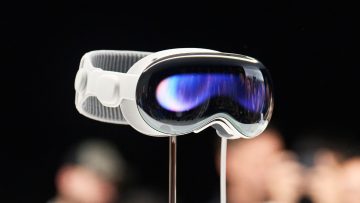The smart home is evolving. To date, if you’ve wanted to get into developing a smart home, you’ve had to deal with the multitude of smart home ecosystems, and making sure that each device you buy is compatible. That, however, may soon change — thanks to new smart home standard called Matter.
Matter isn’t available just yet, but when it is finally released, it could completely change how you buy smart home products, for the better. All of the best smart home devices could soon support the standard, helping them all work together nicely, and ensuring that no matter what products you buy, you’ll be able to use them.
Here’s everything you need to know about the next-generation smart home standard.
What is Matter?
Matter is basically the name of a new smart home connectivity standard. But this standard is a little unlike others. That’s because of the fact that it’s being developed by the Connectivity Standards Alliance, which counts hundreds of companies as members. That includes the likes of Google, Alexa, and Apple. So, whether you prefer to use Google Assistant, Amazon Alexa, or Siri, you should be able to control your Matter-connected smart home devices.

Matter is built upon the Internet Protocol (IP), and initially, devices that support Matter will connect over Thread and Wi-Fi networks. That may change over time, depending on how the tech evolves.
Why does Matter…matter?
The first reason that Matter is so important is that it means consumers can buy any smart home product, and use it with their existing ecosystem. This means that you won’t necessarily have to download individual apps for each of your smart home devices. And, they can work together for things like automation and routines.
Being able to connect smart home devices through one standard could dramatically increase your choices too. Currently, lots of smart home devices support one or two of Google Assistant, Alexa, or HomeKit — and not all three. If all of these ecosystems work with one standard, you could base your buying decision solely on the quality and price of the product — and not have to completely ignore devices based on the fact that they don’t support your preferred standard.
What will happen to other smart home standards?
There are tons of buzzwords in the smart home space, but they don’t all compete with each other. For example, Thread is a new connectivity standard that will work with Matter, not against it. Thread is basically a mesh networking technology that allows devices to connect to other devices in a network, rather than having to connect directly to a single hub or router. Many Matter devices will work over Thread.

Matter could spell the end for some other standards, at least when it comes to consumer smart home standards. Matter, at least initially, will work over Internet Protocol, or IP. That means that it likely won’t work over standards like Z-Wave. That doesn’t mean that Z-Wave devices will never work with Matter — but as is currently the case, it might mean that you need some kind of hub or bridge to bring everything together. We’ll have to wait and see though.
Zigbee might be a different case. The Zigbee Alliance actually turned into what is now the Connectivity Standards Alliance. So it’s likely that Zigbee will at least somehow connect to Matter, and it’s entirely possible that the two standards will merge.
Who’s involved in developing Matter?
One of the things that makes Matter so exciting is the fact that so many companies are involved in its development, through the Connectivity Standards Alliance. That means that, hopefully, it will be compatible with a huge range of products.
The big ones are all present — Apple, Amazon, Google, and to a lesser extent, Samsung. Smaller companies are involved too. Signify, Ikea, Comcast, Huawei, Lutron, and Texas Instruments, are all involved. In total, there are hundreds of members in the Connectivity Standards Alliance.
When will Matter be released?
Originally, products using the new Matter standard were supposed to be deployed towards the end of 2021. The Connectivity Standards Alliance, however, had to delay that rollout. Currently, Matter is scheduled to be released sometime in 2022. We don’t yet know when in 2022, but the hope is that it will roll out sometime in the summer.
Will my current smart home products support Matter?
We don’t really know yet! Companies like Apple, Google, and Amazon have yet to announce whether or not current hardware will support Matter. In all likelihood, Matter support will vary from company to company. Some devices may get an update to support the new standard, while others won’t. That doesn’t necessarily mean you won’t be able to use them though. Even though Apple’s HomeKit will likely support Matter, current HomeKit devices will likely continue to work even if they don’t do so through the new standard.
Apple mentioned Matter at WWDC 2021, and it seems as though any Matter-compliant smart home device will be accessible in the Apple Home app, even if it doesn’t explicitly support HomeKit. We’ll have to wait and see if that turns out to be true though.
Some other manufacturers have said that their old devices will support Matter. Signify has said that it will be updating older hubs to work with Matter. Nanoleaf has said that both current and future devices will support the new standard. Google has also said that the Nest Thermostat will support Matter — but the higher-power Nest Learning Thermostat may not.
Amazon has said that current-generation Echo speakers and displays will support Matter, however older models may not.








